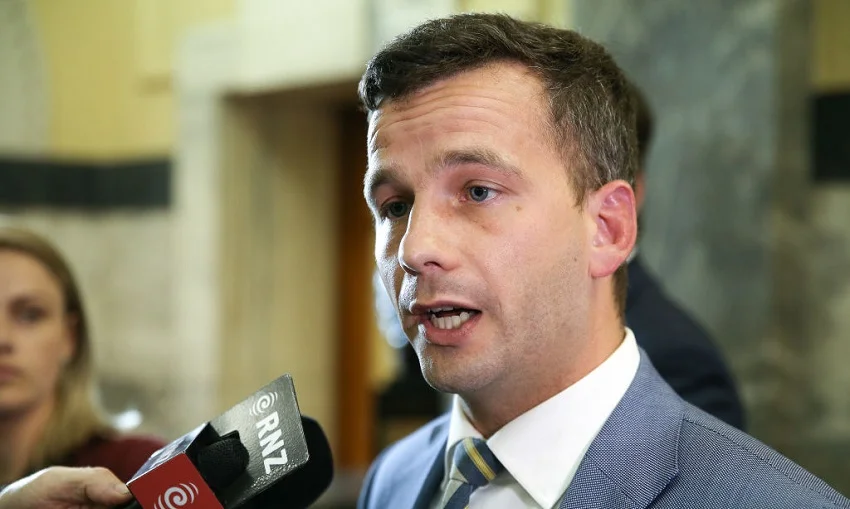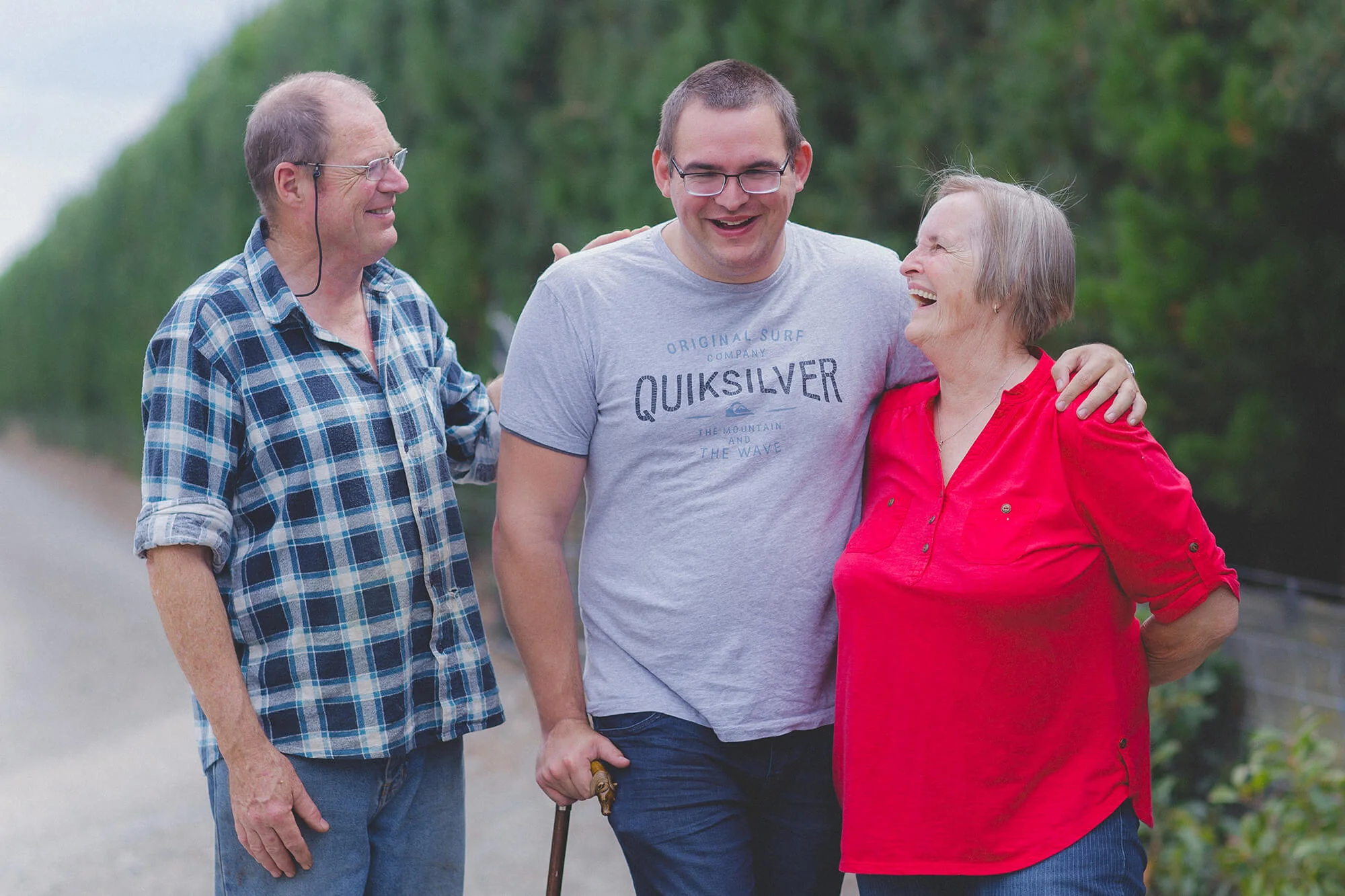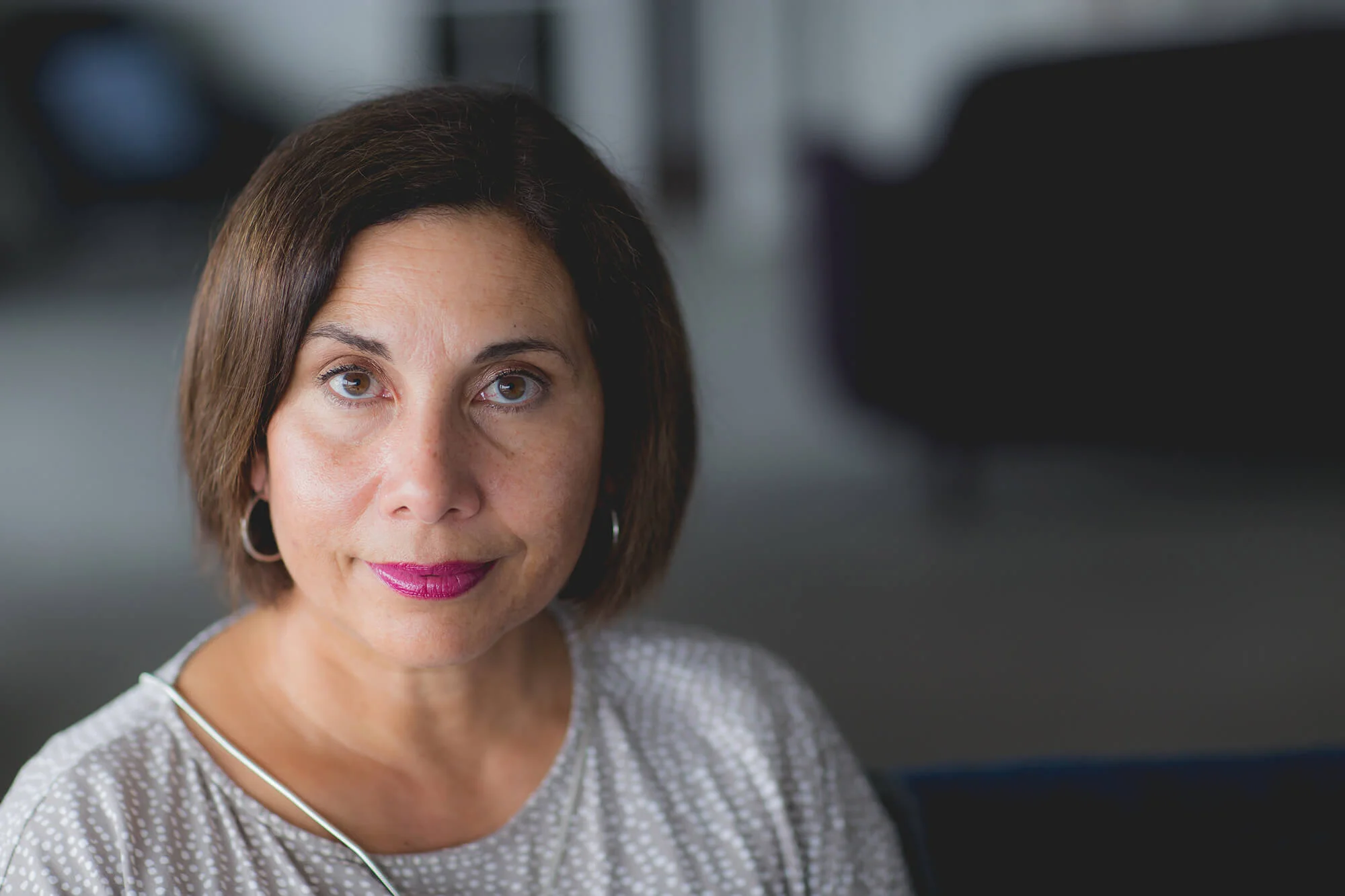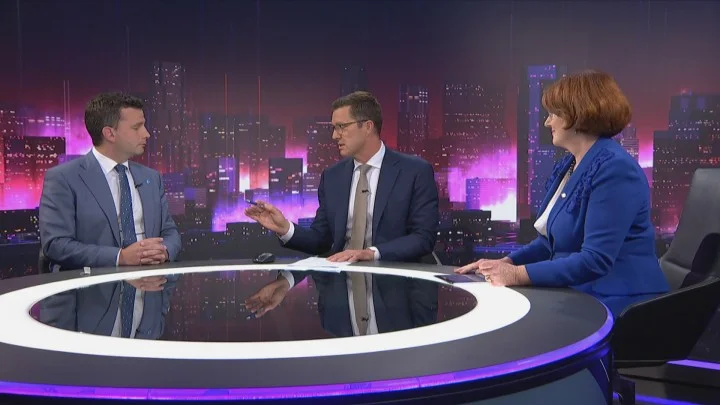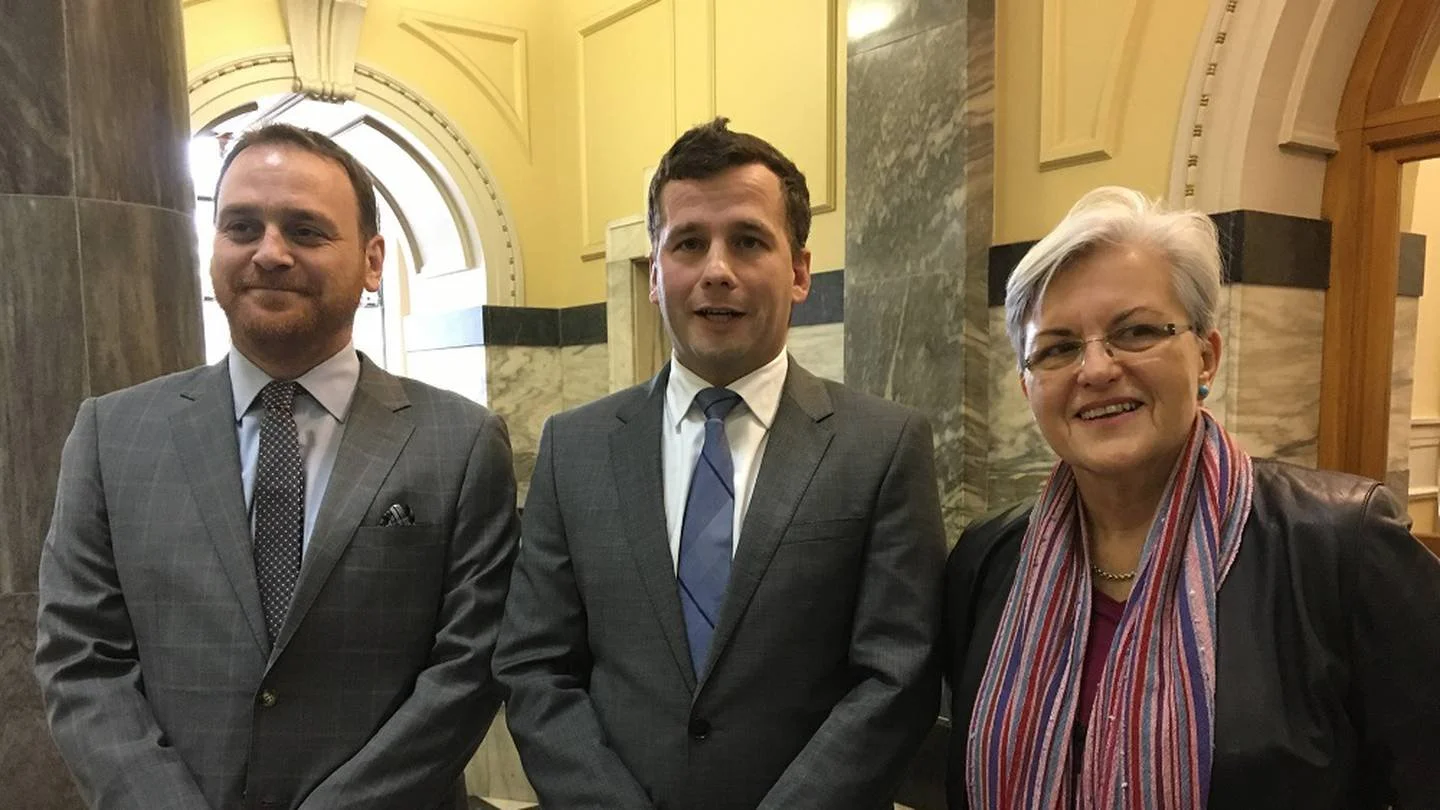With Marama T-Pole. This week’s talanoa (dialogue) we are joined by Dr Ate Moala. Dr Moala says, “It will be the first time in the history of Aotearoa, and will flow over to our South Pacific nations, for doctors to be allowed to legally kill their patients. And in the current constraints of the District Health Boards, New Zealand healthcare resources, a death will be cheaper.”
Read MoreWith Marama T-Pole. Pacific opponents of the End of Life Choice Bill stepped up efforts in the Capital this week with a rally at Parliament. Around 100 members of the Wellington Pacific community converged on the steps of Parliament to meet Pacific MPs and put forward their objections. Opponents say it will widen health inequality for Pacific people.
Read More#DefendNZ Media Release. According to many, any attempt to limit access to euthanasia to those likely to die within six months would be difficult, if not impossible. This is because of the very imperfect art that is prognosis. This concern is captured perfectly in the story of Glenn Major, whose wife Heather and daughter Rachel recount his journey with terminal illness and disability.
Read MoreWith Jack Tame. Richard McLeod from Lawyers for Vulnerable New Zealanders says the current bill is “unworkable”. As well as Māori, the LVNZ says the Bill poses a threat to other marginalised groups including the elderly, the poor and the lonely.
Read MoreBy Sophie Bateman & Anna Bracewell-Worrall. A group of lawyers advocating for vulnerable Kiwis says David Seymour's euthanasia bill poses a serious threat to Māori. "This Bill threatens vulnerable Māori who are old, sick or disabled and who are already being failed by our health system according to a large claim currently before the Waitangi Tribunal." Dr Huhana Hickey says.
Read MoreDr Huhuna Hickey. “We’ve just done a massive fundraising campaign for Mike King’s [Gumboot] campaign, and here we are now willing to bring in legal suicide basically? There is a danger in this legislation, and it comes with irreversible, irremediable, and terminal. I qualify under that, and I’ve still got a good lot of life left in me.”
Read MoreLately: Karyn Hay with Alex Penk. Maxim Institute CEO Alex Penk says the Justice Committee’s report leaves the Bill in a form that almost nobody supports, not even David Seymour himself. At the moment MPs are being asked to vote on a Bill that’s basically the version that nobody supports.
Read MoreWith Larry Williams & Sinead Donnelly. Palliative Care experts say we shouldn't allow euthanasia – using Canada as an example, with lots of unwanted outcomes. Dr Sinead Donnelly is a Palliative Care Doctor in Wellington and explains that the risks are huge to the vulnerable in New Zealand society. She cites dangerous examples of expansion in both Canada and Oregon.
Read MoreCheckpoint: Lisa Owen with Dr Huhana Hickey. A group of 75 lawyers says it may have to take legal action to stop the End of Life Choice Bill, because it's loose criteria leaves vulnerable people open to coercion. Lisa Owen interviews spokesperson for Lawyers for Vulnerable New Zealanders, Dr Huhana Hickey.
Read More#DefendNZ Media Release. In their Report the Justice Committee details hundreds of problems with the End of Life Choice Bill, but fixes none of the substantial ones. It reports the Bill’s criteria are too wide and vague, and doesn’t protect against coercion, may undermine suicide prevention, and it may breach the Treaty of Waitangi.
Read MoreAbout two-hundred people gathered in parliament grounds to protest against the bill. One of the speakers at the rally, Dr Luatupu Cleverley, said the legislation compounded poor health outcomes for the Pacific community. Pacific people already suffer the worst statistics in the New Zealand health system and the bill goes against their culture and traditions, Dr Cleverley said.
Read MoreMalcolm Jordan and Alex Mason. A major rally against David Seymour’s euthanasia Bill is underway in front of Parliament, with the Justice Select Committee reporting back to the house today but a group representing Pacific Island communities is against it. The group says safeguards in the Bill will not protect the most vulnerable, particularily Pacific people.
Read MoreBy Janine Rankin. Palmerston North woman Vicki Walsh has well and truly out-lived her life insurance payout. Diagnosed with the brain cancer glioblastoma multiforme nearly eight years ago, the prognosis was that she would be dead in 12 to 14 months. She nearly was. Not from the cancer, but by her own hand.
Read More#DefendNZ Media Release. Vicki Walsh speaks out against the End of Life Choice Bill in documentary Terminal but not dead yet. In 2011 she was diagnosed with Glioblastoma multiforme (GBM), also known as Grade 4 astrocytoma, an advanced form of the brain cancer that Wellington lawyer Lecretia Seales was diagnosed with in the same year.
Read MoreFormer Māori Party co-leader Dame Tariana Turia says End of Life Choice Bill if passed would mark a potentially dangerous cultural and social shift in Aotearoa. Dame Tariana, whose former ministerial portfolios includes associate health and disability issues, says tikanga Māori is that death and dying are matters for the family and whānau to attend to.
Read MoreBy Malcolm Jordan and Raylene Ramsay: Dr John Fox say, “When you think about people you really know, I think New Zealanders will change their minds, and part of the reason why I agreed to tell my story is to put a face on the people who worry about the value of their life.”
Read MoreBy Sinead Donnelly. As the time approaches for Parliament's Justice Committee to report back on David Seymour's euthanasia and assisted suicide bill, it is timely to carefully review the impact of legalisation in countries like Canada, often cited by Seymour as exemplary.
Read MoreBy Dan Satherley and Ella Prendergast. A man with cerebral palsy has shared his harrowing story as he fights back against euthanasia. Lobby group Defend New Zealand has released its third documentary in their battle against David Seymour's End of Life Choice Bill. Dr John Fox, who would be eligible, fears people may feel they're a burden if they don't choose to die.
Read More#DefendNZ Media Release. Dr Mary English speaks out against the End of Life Choice Bill in the third documentary released today by #DefendNZ – a grassroots movement opposed to the End of Life Choice Bill. A life in chronic pain features the story of Dr John Fox of Christchurch, who was born with spastic hemiplegia, a form of cerebral palsy.
Read MoreBy Jude Barback. Last night’s Health Central ChalkTalks panel discussion on the End of Life Choice Bill raised more questions than it did answers. Panellists included Former Prime Minister Sir Bill English, Dr Leonie Herx, Claire Freeman (who features in the #DefendNZ documentary), David Seymour, Kerri Nuku of NZNO, and euthanasia advocate Dr Jack Havill.
Read MoreBy Dr Conrad Engelbrecht: Anaesthetist and Pain Medicine Specialist. “In debate around the End of Life Choice Bill, there is a lot of talk about pain and suffering. What should a doctor's role be when a patient is experiencing intense pain and suffering?”
Read MoreBy Dr Conrad Engelbrecht: Anaesthetist and Pain Medicine Specialist. Waikato Hospital’s Conrad Engelbrecht wants politicians talking about policies and funding that provide patients with support. “As someone who works with people in pain every day, I can’t support the End of Life Choice Bill. It takes a vulnerable population and offers them suicide as a solution to their pain and suffering.”
Read More#DefendNZ Media Release. The movement launches its second full-length documentary today, entitled A deadly double standard which features the story of Claire Freeman from Christchurch, who has been a tetraplegic since the age of 17. A multiple suicide survivor and former euthanasia advocate, she now speaks out against the End of Life Choice Bill.
Read MoreBy Venkat Ramen. New Zealand will be wrong to choose Euthanasia since its long-term effects would be deadly, says an international expert. Dr Leonie Herx, Head of Palliative Medicine at Queen’s University, Canada said that while death is a natural process, it should not be induced through medical or any other assistance. Former Prime Minister Sir Bill English, also speaks out.
Read More1 NEWS. National MP Maggie Barry has slammed David Seymour's euthanasia proposal, saying "your Bill seeks to kill people" during a debate on TVNZ's Q+A. Ms Barry and ACT leader Mr Seymour went head to head on Q+A last night, as proposed legislation that would allow for assisted dying prepares for a return to parliament.
Read MoreThe Project. Sir Bill English has warned against making euthanasia legal in New Zealand, saying descriptions of the End of Life Choice Bill as a "slippery slope" don't go far enough. The former Prime Minister says the Bill, initially tabled by ACT leader David Seymour, will make New Zealand a "dangerous place".
Read MoreBy Hon Dame Tariana Turia DNZN. Life and death are not individual events. There are very few people who are on the Earth by themselves. We exist as part of our families, our whānau and our communities. For many Māori, death is a process the whole whānau goes through together because the whānau is farewelling a part of itself.
Read MoreNewstalk ZB: Mike Hosking interviews Dr Leonie Herx. "The largest children's hospital in Canada - the Toronto Hospital for Sick Children - has already published their guidelines on how euthanasia will occur for mature minors. It includes if the child says they don't want the parent to know, the parent will be informed the child has died after they've received euthanasia."
Read MoreThe AM Show: Dan Satherley interviews Dr Leonie Herx. A visiting Canadian doctor claims if New Zealand introduces euthanasia, it could result in children choosing to end their own lives without their parents' input. Canadian palliative care physician Leonie Herx is in New Zealand to take part in a debate.
Read MoreBy Martin Johnston. More than 90 per cent of Kiwis who made submissions on the euthanasia bill want the proposed law change scrapped. The Care Alliance analysed virtually all of the more than 38,000 submissions made to Parliament's justice select committee on Act leader David Seymour's End of Life Choice Bill. It found that 90.2 per cent opposed the bill, 8.1 per cent were in favour and 1.7 per cent were neutral or unclear.
Read More"There is literally a piece of my DNA that is missing, so there's no cure." Kylee Black has a connective tissue disorder called Ehlers-Danlos Syndrome which is terminal, yet, she is opposed to the End of Life Choice Bill.
Read MoreCarolyn Moynihan. A new campaign targets a bill being honed to maximise support. New Zealand groups opposing euthanasia have come together in a campaign to fight legislation in parliament that could soon legalise assisted suicide. #DefendNZ launched on March 10 with a website and video trailer featuring Kiwis who could be eligible for assisted suicide.
Read MoreSimon Collins. Tetraplegic model Claire Freeman planned to end her life at a euthanasia clinic in Switzerland - but instead she is now speaking out against euthanasia in a new documentary. Freeman, 40, suffered a broken neck and lost movement in her arms and legs in a car accident when she was 17.
Read MoreLaura Macdonald. A campaign against assisted dying is being launched in the wake of the End of Life Choice Bill. #DefendNZ is a series of documentaries featuring people with a terminal illness or disability. Creative director Henoch Kloosterboer says it is about expanding the conversation.
Read MoreJared McCulloch. A campaign against assisted dying is being launched in the wake of the End of Life Choice Bill. #DefendNZ is a series of documentaries featuring people with a terminal illness or disability. Creative Director Henoch Kloosterboer says it is about expanding the conversation.
Read More#DefendNZ Media Release. Today marks the launch of the first in a series of documentary videos from the grassroots #DefendNZ movement – defending Aotearoa and some of its most vulnerable people from the legalisation of ‘assisted dying’, a euphemism for assisted suicide and euthanasia.
Read MoreA bill to allow assisted dying in New Zealand has passed its first reading by a significant margin of 76 votes to 44. National MP Simon O'Connor also opposed the bill, saying it was the worst example of legislation for euthanasia he had seen. "The current laws as they stand mean nobody will die against their will. But this proposed law will make involuntary dying possible."
Read MoreBy Nicholas Jones and Isaac Davison. Speaking after his private member's bill was pulled from the ballot today, Seymour said 40 MPs had indicated they would support it, while 27 said they would oppose it. Another 50 had said they were undecided. Prime Minister Bill English has previously said he is firmly against legalising euthanasia.
Read More















